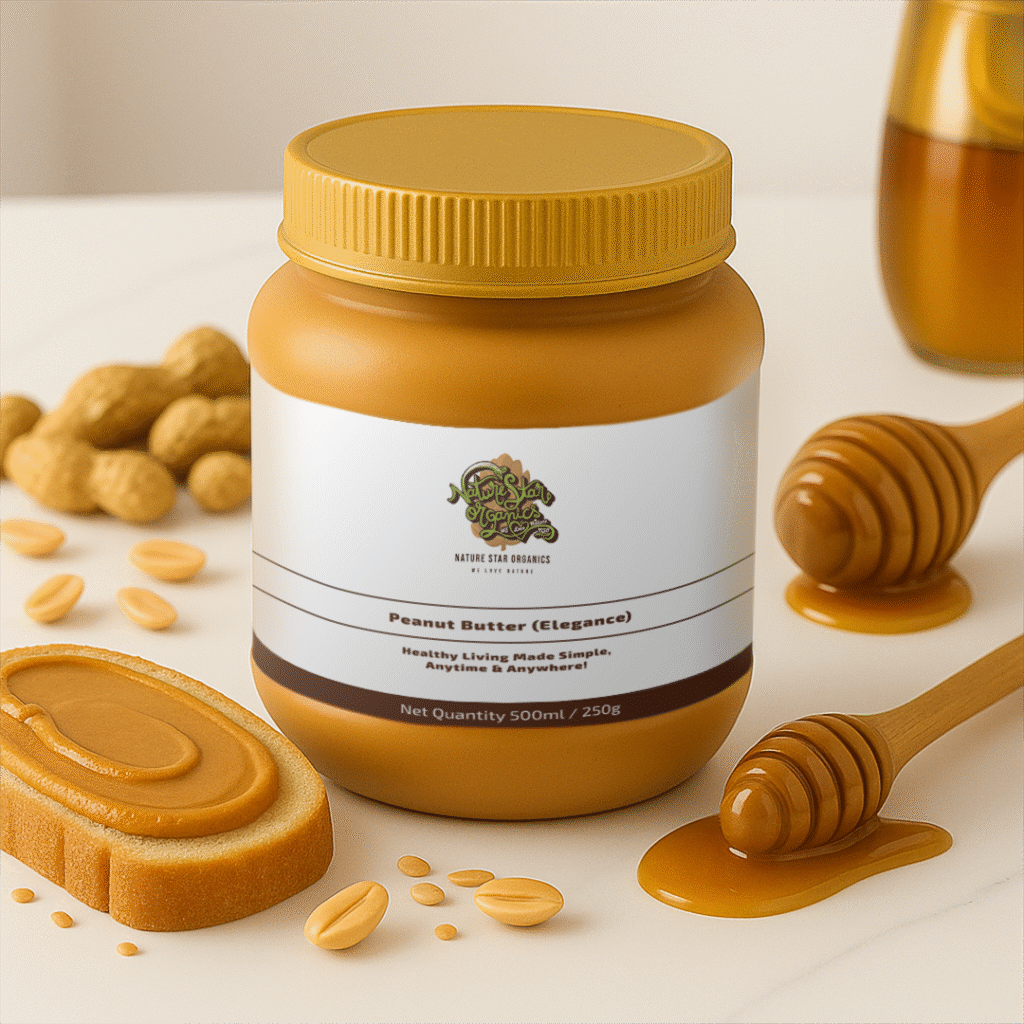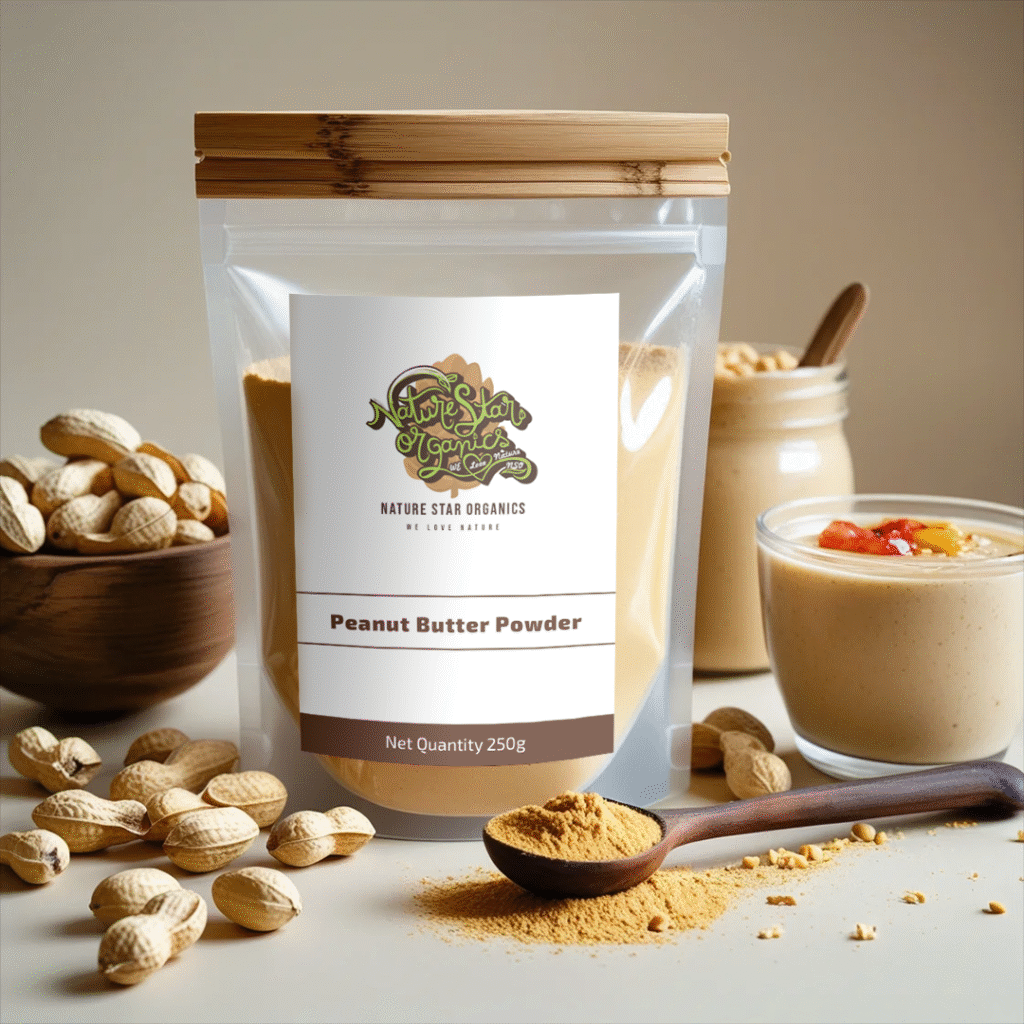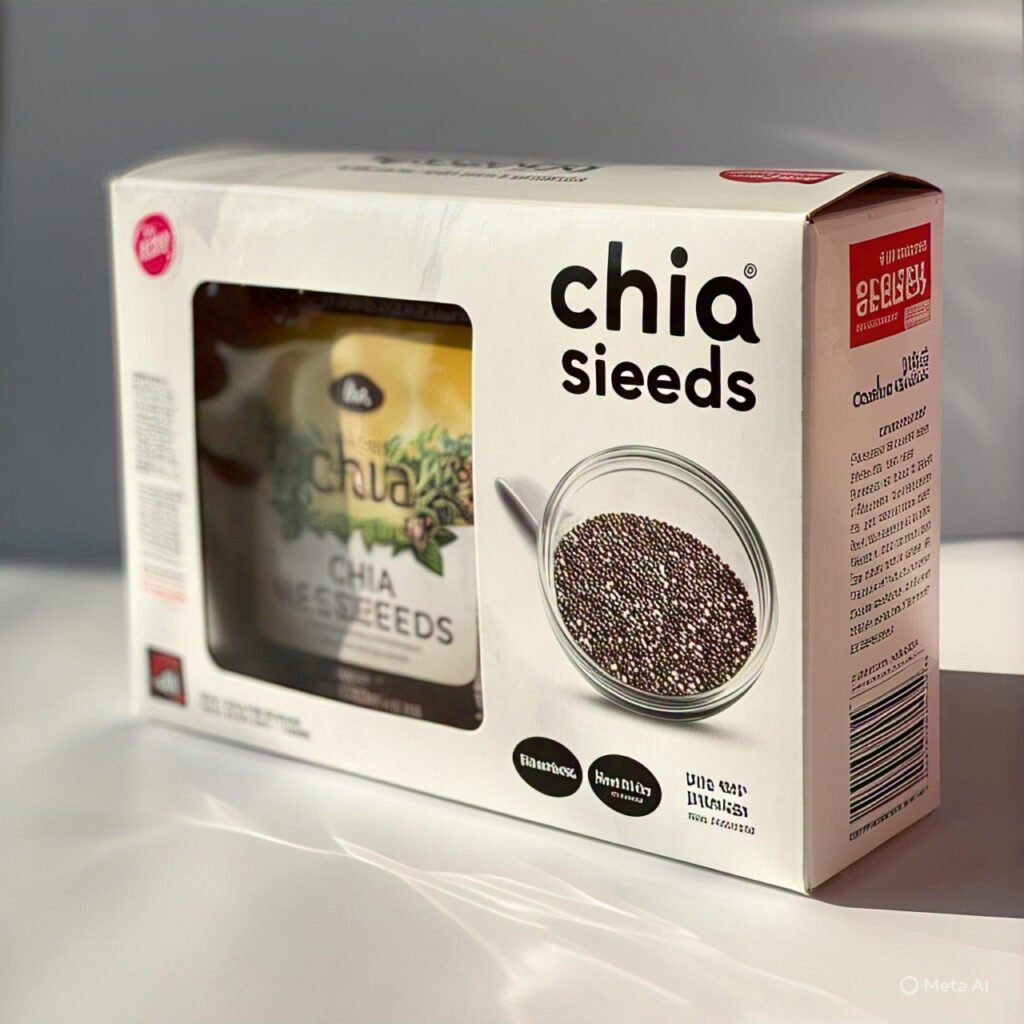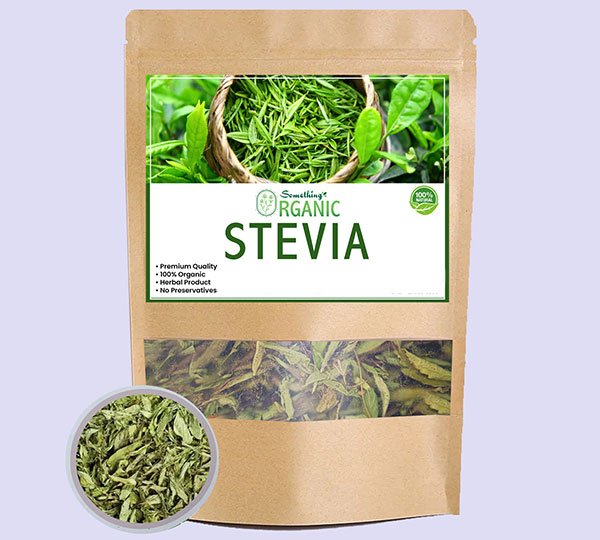Avoiding Lifestyle Diseases Without Medicine
What You Eat Matters
In today’s fast-paced world, it’s easier than ever to fall into unhealthy routines—grabbing processed food on the go, skipping meals, sitting for long hours, and sleeping less than we should. These small, everyday choices may not seem harmful in the moment, but over time, they quietly contribute to a growing global problem: lifestyle diseases. These include conditions like type 2 diabetes, high blood pressure, obesity, cardiovascular disease, and even some types of cancer. Fortunately, avoiding lifestyle diseases doesn’t always require medicine. One of the most powerful tools for prevention is your daily diet.
Your body responds to what you feed it. Just like a car needs clean fuel to run efficiently, your body needs whole, nutrient-dense food to function at its best. Consistently eating poor-quality food puts stress on your system, leading to inflammation, hormone imbalance, and weight gain. But the good news is that these effects are reversible, and the journey toward better health starts on your plate.
Why Food Plays a Central Role in Preventing Disease
The human body is remarkably resilient and equipped with natural defense systems to fight disease. However, when it’s overloaded with harmful substances—like processed food, sugar, artificial additives, and trans fats—it begins to struggle. This internal burden leads to the gradual development of chronic diseases. That’s why avoiding lifestyle diseases is strongly connected to your diet. By nourishing your body with clean, natural food, you support its ability to cleanse, repair, and restore itself.
Food not only fuels your energy but also influences every system in your body—from digestion and metabolism to immunity and mental clarity. A balanced, plant-forward diet can help regulate blood sugar, reduce blood pressure, lower bad cholesterol levels, and improve gut health, all of which are key to staying disease-free.
What to Eat to Stay Healthy Without Medication
When it comes to building a diet that helps in avoiding lifestyle diseases, variety and balance are essential. No single food can offer all the nutrients your body needs, but combining different food groups can provide comprehensive health benefits.
Whole grains like oats, brown rice, and quinoa are high in fiber, which helps control blood sugar and cholesterol. Leafy greens such as spinach, kale, and arugula offer essential vitamins, minerals, and antioxidants that protect cells from damage. Fruits like apples, berries, and oranges are rich in phytonutrients that fight inflammation and improve immunity.
Lean proteins, especially from plant sources like legumes, tofu, and lentils, provide amino acids needed for cell repair and muscle maintenance. Healthy fats from avocados, nuts, seeds, and olive oil play a crucial role in reducing inflammation and supporting brain health. When you make these nutrient-rich foods the foundation of your meals, you significantly increase your chances of avoiding chronic diseases without relying on medication.
Foods You Should Limit or Avoid
While adding the right foods is important, it’s equally vital to avoid those that do more harm than good. Highly processed foods loaded with sugar, salt, preservatives, and artificial additives are a major contributor to lifestyle diseases. These include packaged snacks, soft drinks, instant noodles, sugary cereals, and fast food.
Excessive intake of refined sugar spikes blood glucose levels and increases the risk of type 2 diabetes and obesity. Salt-heavy foods contribute to high blood pressure, while trans fats—commonly found in baked goods, fried food, and margarine—clog arteries and promote heart disease. For avoiding lifestyle diseases, cutting down on these items is non-negotiable.
Instead, replace them with natural alternatives. For example, use honey or dates instead of white sugar. Season meals with herbs and spices instead of excessive salt. Opt for baking or grilling rather than frying. Small, smart substitutions can lead to long-term health gains.
Don’t Overlook the Role of Fiber and Hydration
Fiber is an often-overlooked nutrient that plays a major role in disease prevention. It keeps the digestive tract clean, supports gut health, and helps regulate cholesterol and blood sugar. High-fiber diets are consistently linked to lower risks of heart disease, diabetes, and colorectal cancer.
Fruits, vegetables, legumes, and whole grains are all rich in dietary fiber. Incorporating them into every meal is an effective and natural way of avoiding lifestyle diseases.
Hydration is another key factor. Drinking enough water helps your body flush out toxins, supports metabolism, and keeps all organs functioning smoothly. Aim for at least 6–8 glasses of water per day, and more if you’re active or in a hot climate.
Lifestyle Habits That Complement a Healthy Diet
While food is the foundation, other lifestyle choices support the goal of disease prevention. Regular physical activity boosts heart health, enhances circulation, and helps with weight management. Even just 30 minutes of walking daily can make a significant difference.
Getting adequate sleep is essential, too. Poor sleep increases stress hormones, which can lead to weight gain, high blood pressure, and insulin resistance. Strive for 7–9 hours of quality sleep each night.
Stress management is another pillar of disease prevention. Chronic stress impacts digestion, immunity, and mental health. Simple practices like meditation, deep breathing, journaling, or spending time in nature can help you maintain balance and wellness.
Final Thoughts: Your Diet Is Your Daily Medicine
The idea of avoiding lifestyle diseases without medicine might seem ambitious, but it is entirely achievable through the power of food and conscious living. Every meal is an opportunity to either fuel health or feed disease. By choosing natural, whole, and nourishing foods, you’re giving your body what it needs to thrive.
You don’t need extreme diets or costly supplements. Prevention begins with simple changes—swapping sugary drinks for water, cooking at home instead of eating out, and filling your plate with colorful vegetables instead of processed snacks.
The sooner you make these changes, the better your chances of living a longer, healthier, and medicine-free life. Listen to your body, respect what it needs, and remember: what you eat today shapes your health tomorrow.














